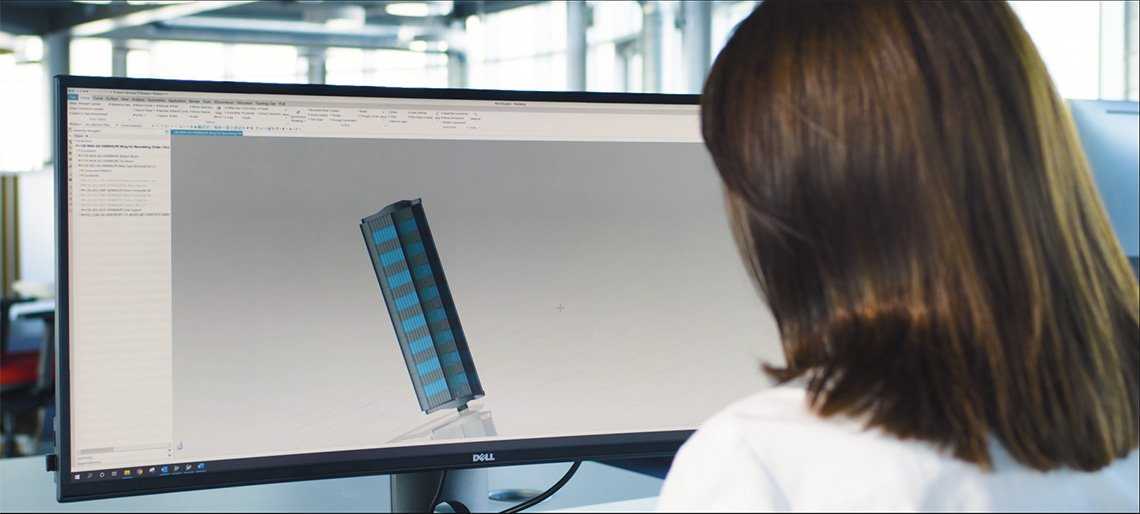MILAN – Cargill and BAR Technologies have embarked on a strategic project with naval architect Deltamarin to bring cutting edge wind propulsion technology to commercial shipping. The project will see BAR Technology’s WindWings – large, solid wing sails that measure up to 45 meters in height – fitted to the deck of bulk cargo ships to harness the power of the wind and reduce CO2 emissions by as much as 30 per cent. The number of wing sails can be tailored to the size of the vessel and the route it will take.
BAR Technologies – a spin-off from Ben Ainslie Racing (BAR), the British team formed by Olympic and World Champion sailor Sir Ben Ainslie – was, formed in 2016 making the design knowledge, technical skills and intellectual property developed for America’s Cup yacht racing available for the commercial world. The company is led by Chairman Martin Whitmarsh, former McLaren Team Principal, Chief Executive, John Cooper, former McLaren Chief Business Officer, and former America’s Cup designer and engineer, Simon Schofield.
“Through this partnership we will bring bespoke wind solutions to customers who are actively seeking to reduce CO2 emissions from their supply chain,” said Jan Dieleman, president of Cargill’s Ocean Transportation business. “Changing regulations and uncertainty about future greener marine fuels makes choosing the right vessel to charter with a long-term view complicated. With the WindWings technology, Cargill will be able to offer customers a solution that improves vessel efficiency, independent of the fuel or type of engine used,” he continues.
“Wind is a near marginal cost free fuel and the opportunity for reducing emissions, alongside significant efficiency gains in vessel operating costs, is substantial. We’ve invested in our unique wind sail technology to provide vessel owners and operators with an opportunity to realize these efficiencies,” said John Cooper, Chief Executive Officer, BAR Technologies.
The maritime industry faces a huge challenge to reduce average CO2 emissions by 40% by 2030 and working towards 70% by 2050, compared with 2008 levels. Cargill as one of the industry’s largest players, chartering a fleet of more than 600 vessels at one time, recognizes its responsibility to accelerate decarbonization progress, and has brought the necessary vision and scale to convert BAR Technology’s inspiration into measurable efficiency savings.
The project is currently in the design phase, bringing together a team of companies to deliver the first vessels – expected on the water by 2022. The team will share risk and expertise, starting with product tankers before moving to dry bulk vessels.
Martin Whitmarsh, Chairman, BAR Technologies added, “Cargill’s endorsement of our technology is a very significant step forward at the forefront of the industry. Together we’re putting our words into action, marking this project as a first of its kind. We’re thrilled to be partnering with Cargill to bring this ground-breaking technology to life and look forward to exploring further efficiency opportunities together in future.”
Cargill has partnered with a number of fellow industry leaders and organizations to drive decarbonization progress, including the Global Maritime Forum and its Getting To Zero Coalition, the Sea Cargo Charter, a recent initiative to cut and track emissions from chartered ships to reduce the maritime industry’s carbon footprint and the Maersk McKinney Moller Center for Zero Carbon Shipping. Last year, Cargill announced a collaboration with Maersk Tankers and Mitsui & Co. to provide over-the-shelf solutions for maritime actors looking to explore new technologies to reduce their emissions.


















